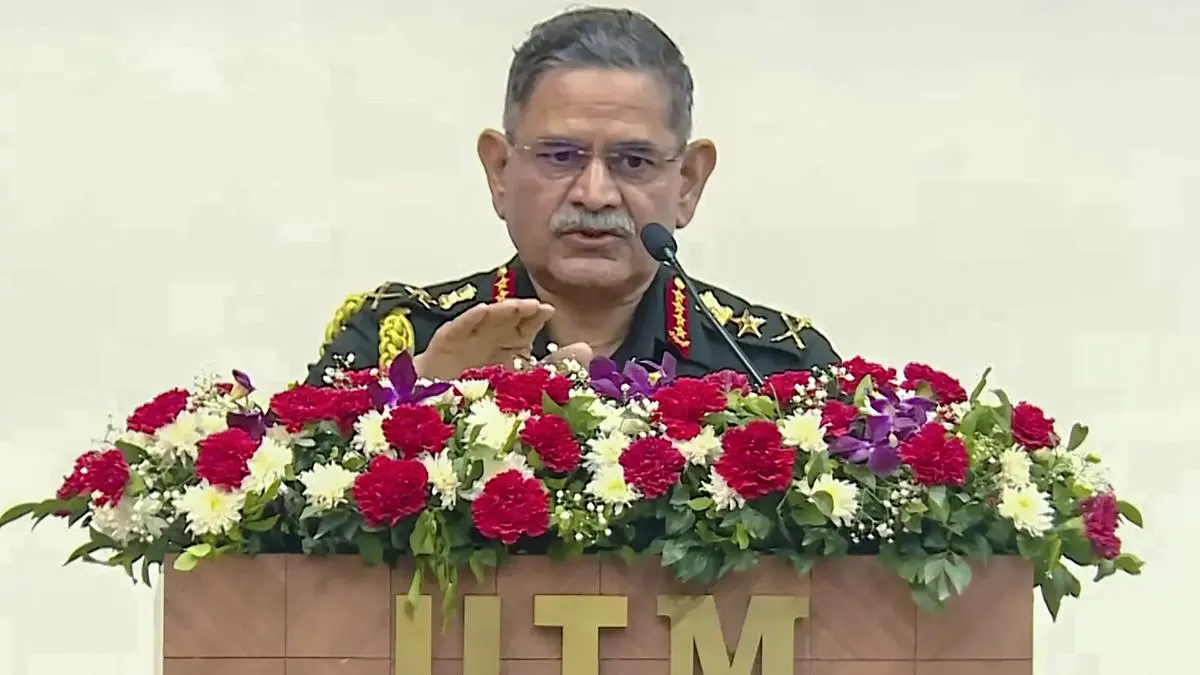“Meeting financing needs of new infrastructure with products which are in sync with project reality is need of an hour. Institutional capacity to serve projects across current and emerging sub-sectors should be constantly evaluated,” he said. The financial services secretary noted that banks and financial institutions (FIs) need to design products in sync with the requirements of infra projects keeping in view of the whopping Rs 111 lakh crore National Infrastructure Pipeline (NIP).
While 44% of investment is funded through Central and States Budgets, banks, financial institutions and Development Finance Institution (DFI) are expected to play a crucial role in financing of these projects with the share of about 30%.”To achieve this objective there is a need for proactive and synergetic approach to be adopted by the banks, FIs and the DFI. It is only then that the crowding out of investments can be avoided and projects of national importance will be able to access timely and reasonable financing,” he said while addressing 18th foundation day of state-owned IIFCL.
Observing that infrastructure sector has strong backward and forward linkages with the robust multiplier effect across the sectors, Joshi said, NIP along with other initiatives like Make in India, Production-Linked Incentive scheme is poised to catapult India to a $5 trillion economy.
Under the aegis of PM Gatishakti portal, he said, NIP projects with total outlay of 111 lakh crore are being monitored. NIP which started with 6,800 projects has now expanded to over 9000 projects covering 34 infrastructure sub sectors.
With regard to inflation, Joshi said, it is showing signs of moderation as shown by the latest figure. The wholesale price-based inflation fell to a 21-month low of 8.39 per cent while retail inflation had moderated to an 11-month low.







































